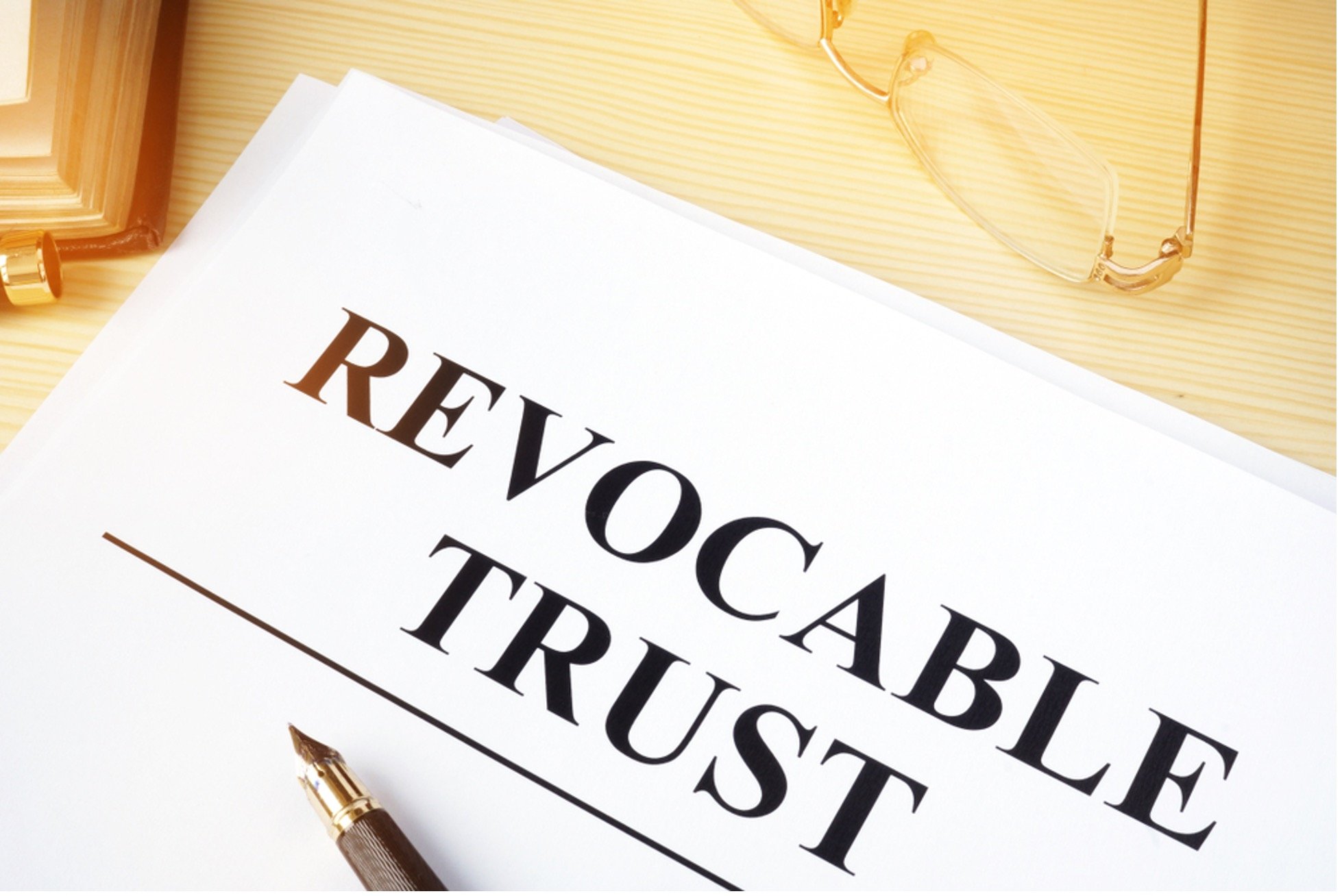Financial Advisors: Managing Someone Else’s Money
Assuming responsibility for a friend or family member's finances can feel like a challenging endeavor. It involves delving into the complexities of their financial affairs, which can be mentally and physically draining. Moreover, navigating through strained family dynamics adds an extra layer of difficulty to the process.
You can protect your loved one's money and reduce stress by learning and using the right information and tools. This will benefit both of you.
Ways to Manage Other People's Money
Each family dynamic and financial circumstance is unique. There's no simple solution like choosing from a menu when it comes to managing a loved one's finances.
It typically involves a mix-and-match approach that develops gradually. That's why it's crucial to evaluate your particular situation and take into account your loved one's ability to participate. Additionally, consider how much time you can realistically dedicate the day-to-day responsibilities of handling someone else's finances.
Joint Accounts
Joint accounts are a practical method of managing someone else's money. They are particularly useful when quick access to funds is necessary or when individuals want to maintain control over their finances.
Both account holders possess complete legal authority over the funds in the account. When one owner dies, the other owner retains the joint account. The money in the account does not go to the deceased person's estate.
Consider the following situations where joint accounts could prove advantageous:
Daily Expenses: Joint accounts provide convenience for covering day-to-day costs like groceries, bills, and medical expenses.
Simplified Management: Caregivers often find managing multiple accounts overwhelming. Joint accounts streamline finances, making them easier to handle in one accessible place.
However, it's crucial to be aware of potential risks associated with joint accounts:
Personal Financial Issues: If the caregiver faces financial problems, such as bankruptcy or legal judgments, creditors may attempt to collect debts from the joint account, possibly putting the person's assets at risk.
Commingling of Funds: When different sources of funds are combined in a joint account, distinguishing between the caregiver's and the other person's money becomes challenging if both parties use the account. This mixing can lead to confusion over ownership.
Loss of Control: Opening a joint account might raise concerns for the person being cared for regarding losing control over their finances. Caregivers should address these concerns openly through communication.
Convenience Account Alternative
A convenience account is a bank account for people who need help managing their money but still want control over it. It is designed specifically for this purpose.
In this account, one person has complete ownership and control of the money. This is different from a joint account where ownership and control are shared among multiple people.
One significant distinction is that the money within a convenience account remains with the account holder's estate after their passing. It doesn't automatically transfer to the other person named on the account.
While not all states offer convenience accounts, it is worthwhile to inquire with banks about available alternatives. Some banks provide joint fiduciary accounts, allowing the account owner to add other signers. When the owner passes away, any funds in the account become part of the owner's estate.
Power of Attorney
Another viable choice is granting power of attorney.
By giving power of attorney, one person can make decisions and manage affairs for another person. It's like getting permission to make decisions and handle money for someone who can't do it themselves.
Setting up power of attorney is simpler than you may imagine, as numerous states provide free power of attorney forms online.
Nevertheless, it's essential to ensure that the form you use is valid and adheres to your state's laws. Consulting with an attorney can help guarantee that everything is properly in order.
Anyone can be a power of attorney, like a caregiver, family member, friend, attorney, or financial advisor. The individual selected for this responsibility is referred to as the "agent" or "attorney-in-fact."
It's important to pick an agent you trust and who truly cares about your loved one's well-being.
Revocable Living Trust
An effective method of managing someone else's finances is through a revocable living trust.
You, as the family caregiver, can manage your loved one's money and belongings through a trust. This trust was set up when they were still capable of making good financial decisions.
The trustee assumes the responsibility of making decisions regarding the money or property held within the trust. In this job, you must be extremely cautious with the trust's money. You need to be even more careful than you would be with your own money.
The trustee only has power over the assets in the trust. They take control when your loved one can't manage their assets anymore.
If your family member can make decisions, they can change or cancel the living trust whenever they want.
Guardianship or Conservatorship
A guardianship is when a court chooses someone to manage the money of a person who can't make decisions for themselves.
This process commences when a court determines that the person is incapable of making independent decisions.
Although guardianships (also referred to as conservatorships in certain states) offer protection for the ward's finances, they entail direct court oversight. This implies that decisions made on behalf of the ward must receive court approval, leading to potential delays and limitations.
Due to these considerations, guardianship is typically pursued only when no other feasible alternatives exist.
Government Fiduciary
Government agencies like Social Security and Veterans Affairs can choose fiduciaries to handle benefit payments.
These fiduciaries can be family members, friends, or qualified organizations. Benefit payments can be used for the recipient's care. However, control over other assets is only possible with power of attorney, a trusteeship, or a court appointment.
Representative payees are designated to manage Social Security benefits, while VA fiduciaries are responsible for handling veterans' benefits.
It is essential to maintain records of how the funds are utilized and make them available for review by the agency. For veterans' benefits, background checks and interviews are typically conducted.
It's crucial to understand that fiduciaries only have authority over specific benefit checks issued by the agency. To handle federal benefit payments, you must be officially chosen as a representative payee or VA fiduciary. Even if you have legal authority.
Professional Fiduciary
Professional fiduciaries are individuals or organizations with expertise in managing someone else's finances. They are bound by both legal and ethical standards, ensuring they act in the best interests of their clients.
Various types of professional fiduciaries exist, including certified financial planners, certified public accountants, money managers, and financial advisors.
Hiring a professional fiduciary is a good option if you can't be a financial caregiver or want unbiased financial decision-making.
Fiduciaries can help in investment management, bill payment, tax preparation, and estate planning, often charging a flat hourly fee.
In a power of attorney agreement, you can choose to have a professional fiduciary as an agent or appointee.
When crafting the agreement, it is crucial to clearly specify the fiduciary's fees and responsibilities. Allowing family members to replace the fiduciary if they are unhappy with their work can be helpful.
To find a suitable fiduciary, it is advisable to consult an elder law attorney who specializes in these matters.
Bottom Line
Effectively managing another person's finances demands a significant level of organization and transparency. If you have a difficult situation with a family member, it's smart to get assistance from a financial advisor or planner. Using a trusted third party may cost more, but it could help your family member be more open to the idea.
Sources:
https://www.thepennyhoarder.com/retirement/managing-someone-elses-money/
Disclosures:
This site may contain links to articles or other information that may be on a third-party website. Advisory Services Network, LLC is not responsible for and does not control, adopt, or endorse any content contained on any third-party website.
This material is provided as a courtesy and for educational purposes only. Please consult your investment professional, legal or tax advisor for specific information pertaining to your situation.
These are the views of the author, not the named Representative or Advisory Services Network, LLC, and should not be construed as investment advice. Neither the named Representative nor Advisory Services Network, LLC gives tax or legal advice. All information is believed to be from reliable sources; however, we make no representation as to its completeness or accuracy. Please consult your Financial Advisor for further information.
Advisory Services Network, LLC does not provide tax advice. The tax information contained herein is general and is not exhaustive by nature. Federal and state laws are complex and constantly changing. You should always consult your own legal or tax professional for information concerning your individual situation.









